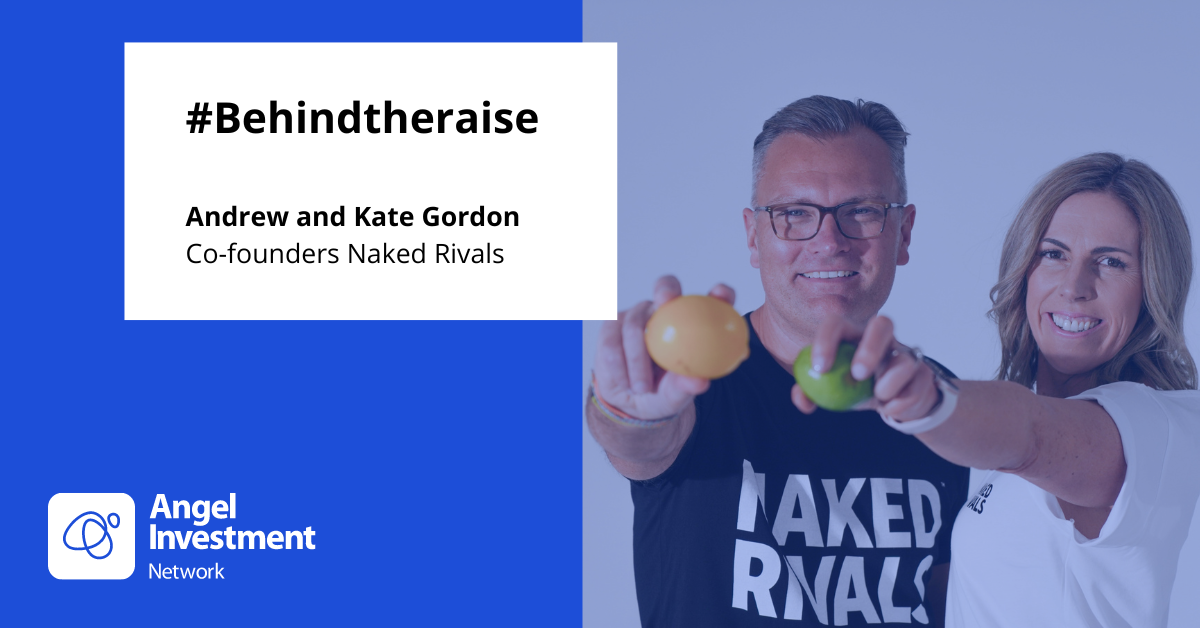Jonathan Melllinger has experience on both sides of the investment ecosystem, first as a successful entrepreneur and now as a member at Robin Hood Ventures.
Mellinger told an audience of entrepreneurs and angel investors at the Science Center’s Angel Education event that he uses instinct and experience to choose companies to invest in, but he also laid out his model for making early stage investments Tuesday.
The programming is part of an ongoing effort from the University City life sciences research park to broaden its mission and the awareness of regional investors to smaller, more consumer-facing ventures.
First, when Mellinger is looking at a company, he looks at the management team.
“I like to see some experience from the management team in the space they’re going after,” said Mellinger, as he explained why he decided to invest in Onetwosee, which provides TV companion content for mobile devices.
Competition is another important factor. Mellinger looks to see that a company has a “a valid and proven revenue model” that approaches the competition in a new way.
“What I did like about OneTwoSee is when I looked at the competition in general they were attacking their market with the revenue model right up front,” said Mellinger. “Tim Geithner, at some point said, plan trumps no plan. And as an angel investor, revenue trumps no revenue”
Lastly, Mellinger said that having a product that works and is easy to use is an important factor as well.
“What I need to know from a company is what their customers consider a successful product,” said Mellinger.
Companies that can’t answer that question effectively get a pass, he says.





 It doesn’t seem like that long ago that we helped Uncover, which went on to become the UK’s premier restaurant reservation app, fill their seed round. In fact it’s only been 16 months. But on the back of their extraordinary year since launch they have now been acquired by Velocity, the world’s leading international digital hospitality service, for an undisclosed figure.
It doesn’t seem like that long ago that we helped Uncover, which went on to become the UK’s premier restaurant reservation app, fill their seed round. In fact it’s only been 16 months. But on the back of their extraordinary year since launch they have now been acquired by Velocity, the world’s leading international digital hospitality service, for an undisclosed figure.
